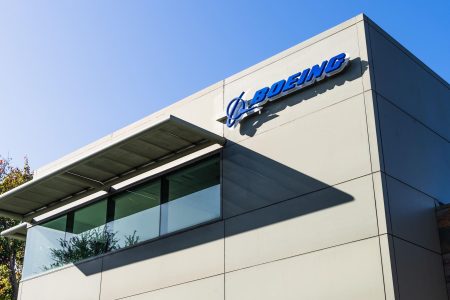Li Auto’s December 2024 Performance and Market Landscape:
Li Auto, a major player in China’s electric vehicle (EV) market, concluded December 2024 with 58,513 vehicle deliveries, marking a 16.2% year-over-year increase and a roughly 20% rise from November. This brought the company’s total deliveries for 2024 to over half a million vehicles, a significant milestone. However, Li Auto’s growth lagged behind competitors Nio and Xpeng, which reported delivery increases of 73% and 82%, respectively. While Li Auto hasn’t specified the factors driving its growth, the introduction of the more affordable Li L6 in April, priced at approximately $34,500, likely contributed to increased sales volume. Enhancements to Li Auto’s autonomous driving system, with a planned over-the-air update in January to integrate city and highway autopilot capabilities, likely also boosted sales. Furthermore, the ongoing price wars between Tesla and BYD have influenced other EV manufacturers to offer attractive discounts. Li Auto, for instance, offered a zero-percent interest financing incentive for three years on all its vehicles through the end of 2024.
Li Auto’s Stock Performance and Future Outlook:
Despite Li Auto’s progress in the EV market, its stock performance has been underwhelming in recent years. Trading at about $24 per share, the stock is valued at approximately 1.2 times the consensus 2024 revenue estimates. This valuation appears modest considering the projected revenue growth of around 18% in 2024 and 33% in 2025. In contrast, Tesla, a leading EV company, trades at about 13 times its estimated 2024 revenue, even with expectations of flat revenue growth. While Li Auto’s valuation seems attractive, the company faces several challenges. The highly competitive Chinese EV market, with over 100 brands competing for market share, puts pressure on average selling prices and profit margins. Li Auto’s shift towards sales of the lower-priced L6 model is also contributing to a decline in average selling prices. Additionally, the company’s first all-electric model, the MEGA van, has fallen short of expectations, and plans for further all-electric models have been postponed to 2025.
Competitive Landscape and Market Dynamics:
The Chinese EV market is characterized by fierce competition, with established players like Tesla and BYD engaging in price wars, influencing the strategies of other manufacturers like Li Auto. This competitive environment necessitates innovative approaches to attract customers, including offering discounts and financing incentives. Li Auto’s focus on autonomous driving technology and the introduction of more affordable models like the L6 are strategic moves to differentiate itself and capture a wider customer base. However, the company’s reliance on range extenders, a hybrid technology, might become a limiting factor in the long run, as the market increasingly favors purely electric vehicles. The delayed launch of additional all-electric models could further hinder Li Auto’s ability to compete effectively with companies like Nio and Xpeng, which are more focused on pure EV technology.
Financial Performance and Valuation:
Li Auto’s revenue growth projections, coupled with its relatively low valuation compared to Tesla, suggest potential upside for the stock. However, investors need to consider the impact of declining average selling prices and increasing competition on the company’s profitability. The success of Li Auto’s future all-electric models and its ability to navigate the evolving EV landscape will be crucial for its long-term financial performance. The company’s current valuation might be attractive, but the inherent risks associated with the competitive market and the transition to all-electric technology warrant careful consideration.
Technological Innovation and Future Strategy:
Li Auto’s investment in autonomous driving technology is a key differentiator in the crowded EV market. The upcoming over-the-air update for its self-driving system could enhance the appeal of its vehicles and attract tech-savvy customers. However, the company needs to accelerate its transition to purely electric models to remain competitive in the long term. The delay in launching new all-electric models could be perceived as a weakness compared to competitors who are aggressively expanding their all-electric offerings. Li Auto’s future success hinges on its ability to effectively execute its all-electric strategy and maintain its focus on technological innovation.
Overall Assessment and Investment Considerations:
Li Auto’s strong December performance, coupled with its significant annual delivery milestone, highlights its growing presence in the Chinese EV market. However, the company faces challenges in terms of intensifying competition, declining average selling prices, and the need to transition to a fully electric lineup. While its current valuation might appear attractive compared to some competitors, investors should carefully assess the associated risks before making investment decisions. Li Auto’s ability to innovate, adapt to market changes, and successfully execute its all-electric strategy will determine its future success in the dynamic and rapidly evolving EV landscape.










